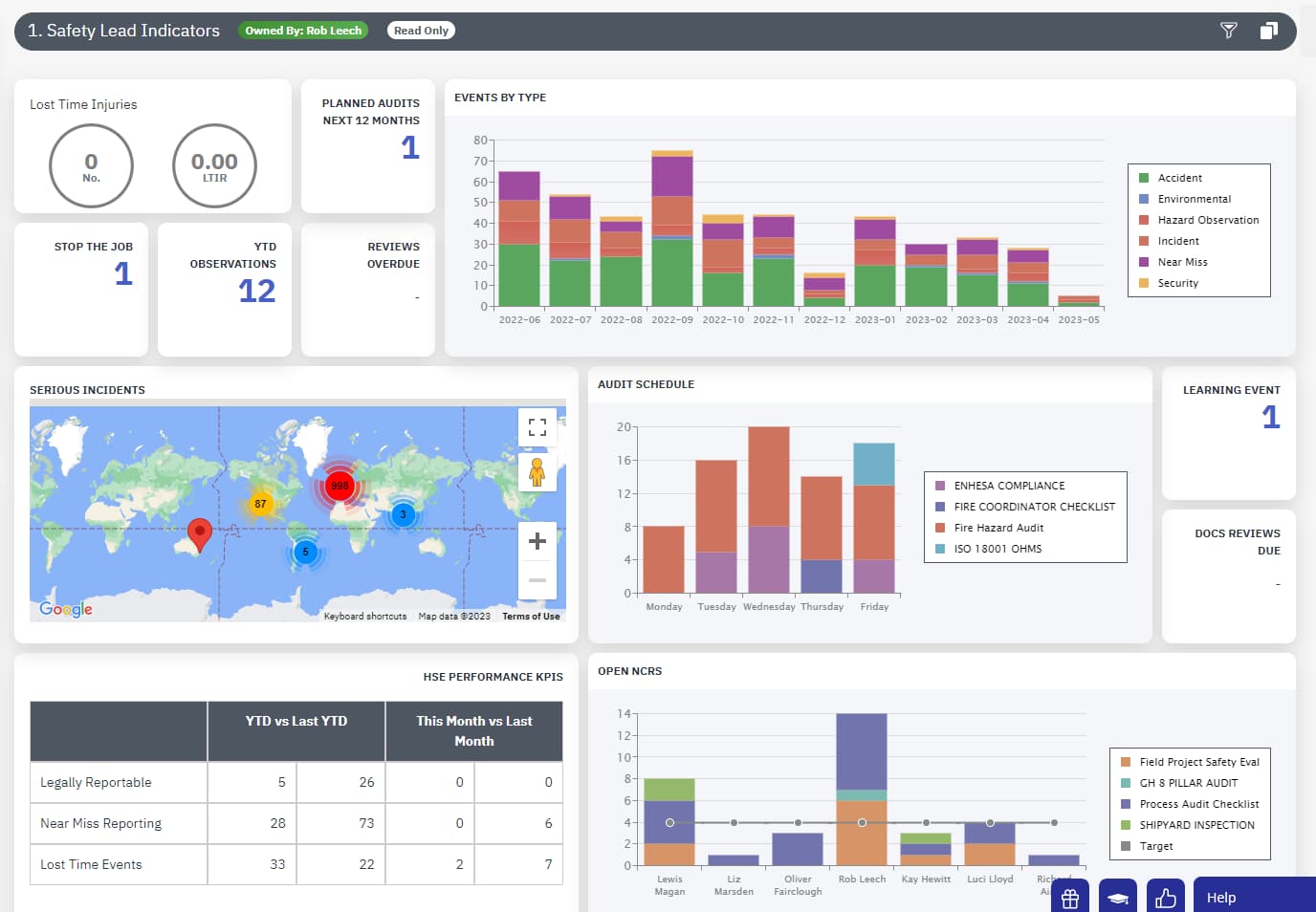
Heat Exhaustion Meaning & Definition US
Heat exhaustion is a serious condition or illness that often manifests after an individual is exposed to extremely high temperatures. In most cases, heat exhaustion also often results in
dehydration. In the simplest terms, heat exhaustion occurs when your body temperature rises quickly, and the body isn’t capable of cooling itself (due to a lack of water).
Heat exhaustion is most common amongst laborers and employees who work in hot weather. It can also happen due to extreme exercise, and usually affects people during hot and humid weather
conditions.
The body tends to lose a considerable amount of liquids during such periods of prolonged activity, primarily through sweat. If those fluid levels are not replenished on time, it could result in
dehydration, which significantly increases the chances of heat exhaustion.
The most common symptoms of heat exhaustion include severe nausea, headache, muscular cramps, dizziness, and loss of consciousness. If heat exhaustion isn’t treated on time, it could result in
a heat stroke, which could prove to be fatal. It’s therefore vital that any business has an emergency response plan.
What Are the Symptoms of Heat Exhaustion?
There are some fairly obvious signs and symptoms that a person is suffering from heat exhaustion. These usually include:
- Inability to understand basic instructions; a state of confusion
- Passing out or weaving in and out of consciousness
- Excessive fatigue
- Severe headaches
- Muscular cramps
- Excessive sweating
- Elevated heartbeat
- Skin turning pale
- Urine turns brownish (also a clear symptom of dehydration)
How To Treat Heat Exhaustion
The treatment for heat exhaustion must be administered with care. For instance, it’s not a wise idea to immediately move a person from extreme heat to an area of extreme cold. Ideally, the best
thing to do is to move out of the hot area and move to an air-conditioned space.
If access to an airconditioned space isn’t available, a better option is to find a shaded area and rest for a while. Resting helps regulate the heartbeat and reduces stress on the muscles. It’s
also important to drink lots of water, preferably sports drinks as they contain sodium.
This helps replenish fluid levels in the body. During this stage, it’s important to avoid drinking alcohol or caffeine. And, if the person’s wearing any tight clothes, they should be removed
immediately.
If possible, the person should also take a cold shower or a bath. In most cases however, the use of a fan or an ice towel is also viable and helps in lowering the body temperature.
It’s important to note that these measures usually result in an instant improvement in a person’s symptoms, often within 15 minutes. If the person fails to show signs of improvement, it’s
imperative to seek medical attention, as the condition can eventually progress to a heat stroke.
People who recover from a bout of heat exhaustion are often more sensitive to extreme temperatures for at least two weeks after. That is one of the main reasons why it’s important to avoid
excessive physical activity in the heat and to stay in the shade for longer periods of time.
Risk Factors That Can Lead to Heat Exhaustion
There are several risk factors that can lead to heat exhaustion. Most importantly, heat exhaustion links directly to the heat index, which is a measure of how hot an individual feels due to the effects of air temperature and relative humidity. For
instance, if humidity reaches the 60% mark, the human body often struggles to cool itself.
As a result, the risk of heat exhaustion increases if the temperature crosses the 90 degrees mark or higher. As a result, it’s important for organizations to pay close attention to the heat
index when sanctioning job orders. There are other risk factors that must be taken into account as well.
Age
Younger children and elderly people both are at an elevated risk of suffering from heat exhaustion. That’s because their bodies are unable to regulate temperature properly, and as a result, are
at an increased risk of dehydration too.
Lifestyle
A person’s lifestyle also plays an important role in managing the risk that could lead to heat exhaustion. People who work out excessively in hot and humid areas at an increased risk of
suffering from heat exhaustion. Similarly, those who aren’t very accustomed to working out in the heat are also liable to suffer.
Existing Medications
If a person is already taking some medications for pre-existing conditions, there’s a risk it could increase the chances of heat exhaustion. For instance, many people who take beta blockers are
at an increased risk of suffering from heat exhaustion, as it tends to slow down their heart rate significantly where the symptoms aren’t easy to detect.
Weight
People with a higher weight are generally at an increased risk of heat exhaustion. Obesity can also increase this risk.
Manage Employee Health with EcoOnline’s Health & Safety Software
EcoOnline’s Health & Safety Software makes it easy for companies to record any incidents of heat exhaustion or heat strokes, allowing them to better optimize safety and health protocols and streamline
their approach to managing risk, injuries, and illnesses in the workplace.



